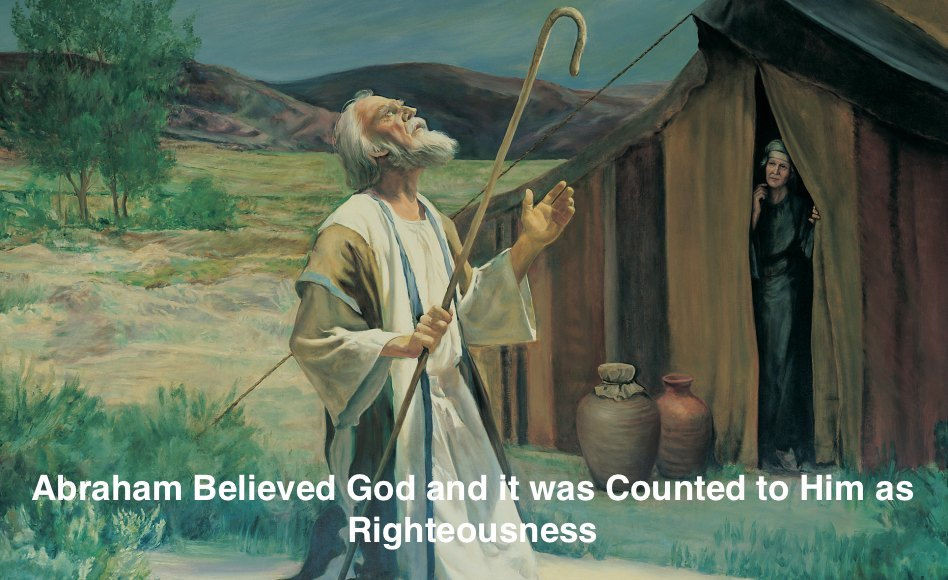Is There a Shortcut to God’s Will?
- Keith Thomas
- 1 day ago
- 3 min read

Have you ever been tempted to take a shortcut to what you believe is God's will? The Lord promised Abraham that he would be the father of a multitude, but there was a problem: Sarah was way past having children, and how can one have many descendants if one's wife is barren? Here’s the text:
1Now Sarai, Abram’s wife, had borne him no children. But she had an Egyptian slave named Hagar; 2so she said to Abram, “The LORD has kept me from having children. Go, sleep with my slave; perhaps I can build a family through her.” Abram agreed to what Sarai said. 3So after Abram had been living in Canaan ten years, Sarai his wife took her Egyptian slave Hagar and gave her to her husband to be his wife. 4He slept with Hagar, and she conceived. When she knew she was pregnant, she began to despise her mistress (Genesis 16:1-4).
Sometimes, in moments of desperation, we seek a logical way around a situation. Sarai considered that perhaps Abraham could have a child through Hagar, her handmaid. The baby could be regarded as Sarai’s child (her name was later changed to Sarah). This shortcut originated from Sarai, possibly due to feelings of guilt that the barrenness of her womb was hindering Abraham from realizing his dream of fatherhood. Sarai contemplated the idea that perhaps God intended for their family to revolve around Hagar, their servant girl from Egypt. People frequently resort to shortcuts when they feel desperate to achieve something contrary to their better judgment.
Sarai's motive was likely good, but good motivation does not justify wrong actions. Sarai loved her husband, trusted him implicitly, and was willing to sacrifice even their intimacy to fulfill his vision and dream of being a father. This commitment to the vision speaks volumes about Sarai's godly character. There is no evidence that Abram and Sarai paused to consider the consequences of their impending actions. Venturing beyond their intimacy together was a life-changing decision, and the text does not suggest that they sought God's guidance on the matter. Engaging in sex outside their marriage marks a low point in Abram's faith journey. For him to proceed with this shortcut, despite knowing it was not God's way, represented a reliance on human solutions.
Abram is not a picture of a godly husband at this time in his life. His first response to Sarai's idea should have been a courageous, "Absolutely not!" Did Hagar have any say in the matter? I'm sure they asked her, but she would have thought it meant losing her position if she didn't comply, and the couple might choose another of the slave girls. Hagar became a second wife to Abram, but the Lord had already revealed His will: a man would leave his father and mother and be united to his wife, and they will become one flesh (Genesis 2:24). God had not changed His mind and allowed for a threesome!
Things are about to get complicated for Abram and Sarai. It does not take much imagination to see how this affects their relationship, home life, and faith. Culture and traditions may change, but there are at least two things that do not: the Word of God and fundamental human nature. It never works out when we attempt shortcuts in our faith walk. It honors the worldly way of doing things rather than honoring the Lord and walking by faith. There are no shortcuts to faith in God and following the ways of the Lord. We are to live completely devoted to God and His ways, not the ways of this world. Keith Thomas
Taken from the complete study found in the series on Abraham. Go to All Studies, scroll down to The Faith of Abraham, and click on Study 3. Abraham’s Shortcut








Comments